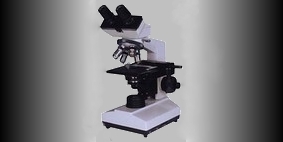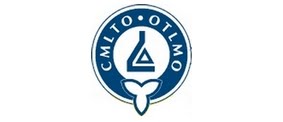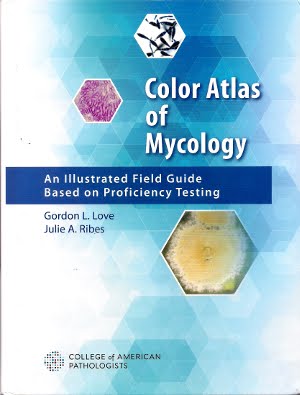
Cryptosporidium is a coccidian protozoan parasite who’s oocysts can infect humans usually by the oral-fecal route. Contaminated water is often the source of infection. In recent reports improperly washed produce was implicated as the source of infection. In immunocompetent patients, cryptosporidiosis is an acute, self-limiting diarrhoeal illness lasting about 1 to 2 weeks. Symptoms may include frequent watery diarrhoea, nausea, vomiting, abdominal cramps with low grade fever. No safe and effective therapy for cryptosporidial enteritis has been successfully developed. Since cryptosporidiosis is a self-limiting illness in immunocompetent individuals, general, supportive care is the only treatment for the illness. In immunocompromised patients (AIDS, transplants, cancer patients, the illness may be much more serious. No effective treatment is available other than to prevent dehydration and let the illness run it’s course.
The above micro photograph is of a Cryptosporidium oocyst from a concentrated stool sample stained by Carbol Fuschin, then decolourized by acid-alcohol. The oocysts are “acid fast” and resist decolorization whereas other material loses the resulting red colour. The remaining material in the slide is fecal debris and normal intestinal bacterial. x1000.

.jpg)























